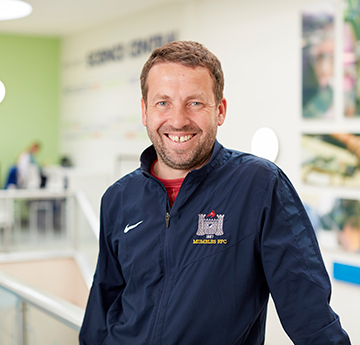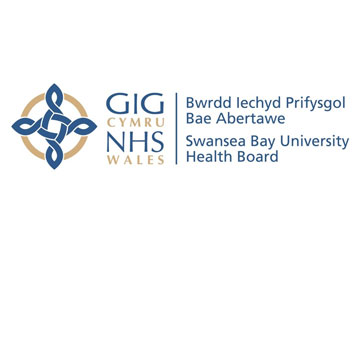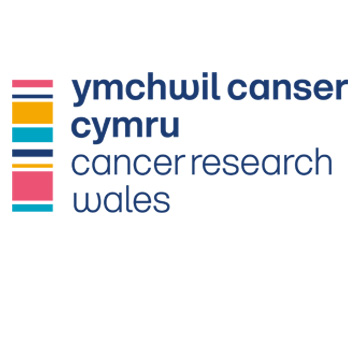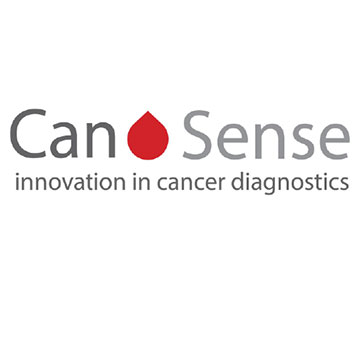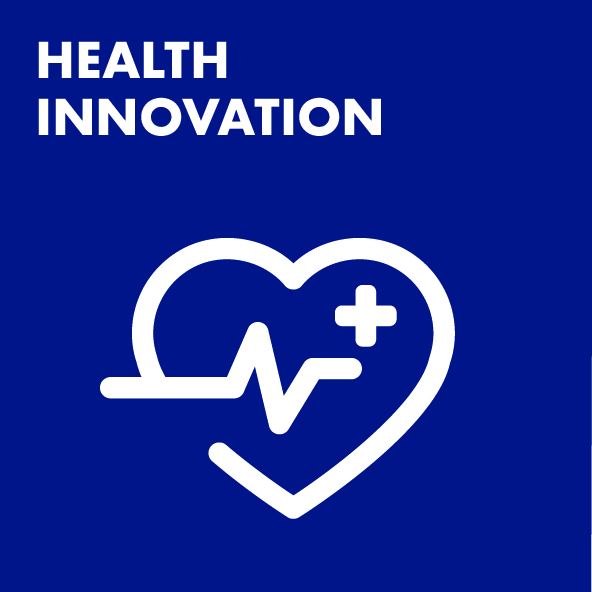The Challenge
Maybe as someone who has direct experience, or through family and friends, everyone is aware of the devastating impact cancer has on people’s lives. Whilst treatments and life expectancies have improved there are still significant challenges to improve patient outcomes.
Bowel Cancer or Colorectal Cancer (CRC) is the third most common cancer globally and accounts for 1.9M new cases and 900k deaths every year. Early diagnosis is crucial to reduce mortality rates, yet 60% of patients present at advanced stages (III/IV), significantly reducing 5yr survival rates.
According to CRUK Early Detection and Diagnosis of Cancer: A Roadmap to the Future 2020, 'if cancer can be intercepted at the earliest clinically relevant timepoint this gives a much better chance of survival and an improved quality of life. Early detection and diagnosis is therefore rightly emerging as a priority for organisations across the UK and globally as an important tool for extending and saving lives.'
Research at Swansea University is rising to the challenge of an effective non-invasive test for early detection of bowel cancer.
The Method
With funding support from Cancer Research Wales, EPSRC and Welsh Government (ETTF and RfPPB funds) a collaboration between physicists and clinicians from Swansea University and Swansea Bay University Health Trust have devised a simple non-invasive blood test which can return test results in under 20 minutes.
Using innovations based around laser spectroscopy and artificial intelligence (AI) -based analytics, the test analyses cancer-driven metabolic activity in blood that our AI software is trained to interpret and diagnose. Our initial research was focussed on bowel (also known as colorectal) cancer, with a test designed to be patient focussed directly accessed through their GP.
We have formed CanSense Ltd, a Swansea University startup med-tech company translating this impactful academic and clinical research to meet the growing global market in cancer diagnostics.
CanSense’s innovation seeks to provide an affordable solution to early- stage cancer detection using one simple blood test, with our aim to significantly reduce cancer mortality by detecting cancers early when their treatments are curative.
Currently GPs have a complex decision to make on patients who present with non-specific symptoms. Symptomatic patients have to satisfy NICE criteria before their GPs will refer them along the ‘two-week wait’ or ‘urgent suspected cancer’ (USC) pathway. The USC criteria exclude younger patients with vague symptoms from being rapidly referred, contributing to an epidemic of late presenting young onset-CRC.
The current situation is that many patients are being referred unnecessarily for an invasive colonoscopy and this puts pressure on the USC timeline. In order to detect one cancer, the current pathway requires 32 patients to have an invasive diagnostic colonoscopy. This is producing a capacity crisis with a delay in getting treatment for those patients who have cancer.
The blood test is currently undergoing clinical trials in the UK. The aim is for this blood test to be available to GPs so that they can easily and quickly triage their patients, detect early stage CRC, and ensure urgent and rapid follow-up treatment for those who have a positive result.
Our test aims to break down patient anxiety with a highly accurate test to give rapid reassurance to those who have not got cancer and ensure they do not need an invasive colonoscopy. As a result, this will free up valuable endoscopy and colonoscopy resource and speed up treatment for those who have cancer, all which could save the NHS up to £265 M per year in a reduction of needless colonoscopies. The spin-out company, CanSense Ltd, has been set up to win funding for the roll out of the blood test platform. Our on-going academic research is expanding to look at screening potential and application to other cancer types.
What our partners say
“We are proud to be a funder of this project that is set to transform how bowel cancer in Wales is diagnosed. This test is needed urgently by GP’s to help detect cancer earlier at the first point of contact in primary care and is an example of an innovation created in Wales that will provide a better future for cancer patients. Our ambition is to create a Wales united against cancer through world-class research and this project shows how we can work together to address the key challenges and key priorities of cancer in Wales and beyond.”
Ann Tate, CEO, Cancer Research Wales


